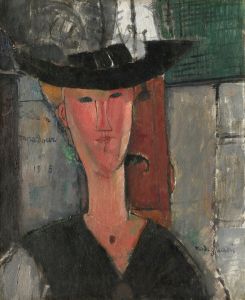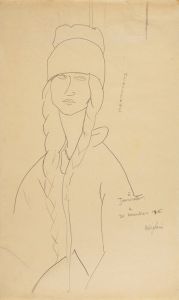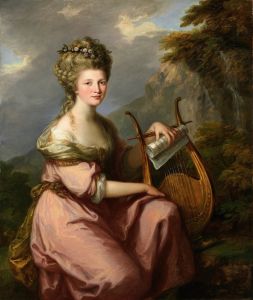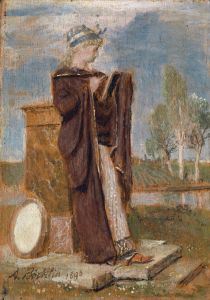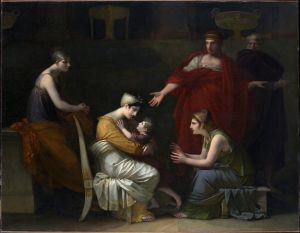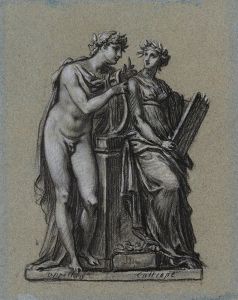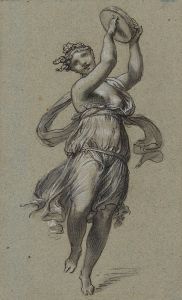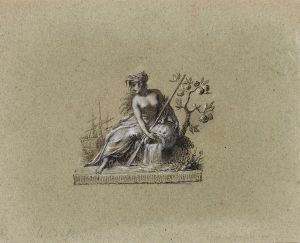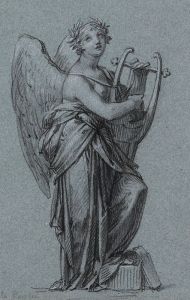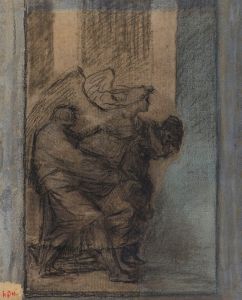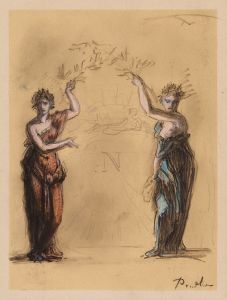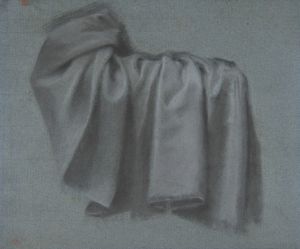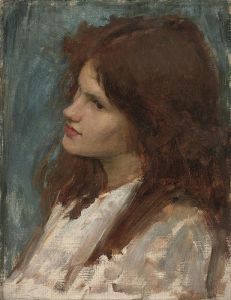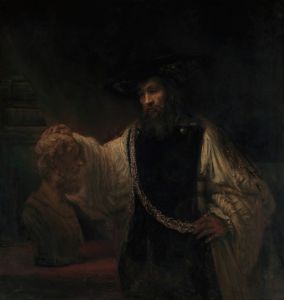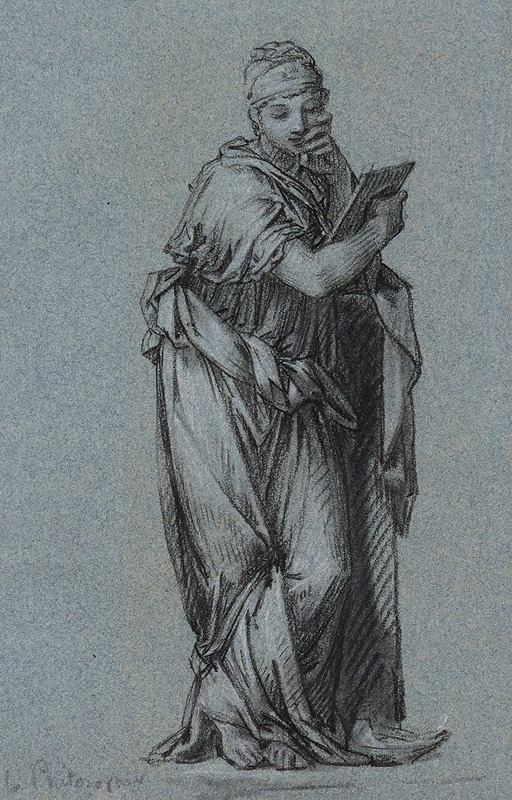
La Philosophie
A hand-painted replica of Pierre-Paul Prud'hon’s masterpiece La Philosophie, meticulously crafted by professional artists to capture the true essence of the original. Each piece is created with museum-quality canvas and rare mineral pigments, carefully painted by experienced artists with delicate brushstrokes and rich, layered colors to perfectly recreate the texture of the original artwork. Unlike machine-printed reproductions, this hand-painted version brings the painting to life, infused with the artist’s emotions and skill in every stroke. Whether for personal collection or home decoration, it instantly elevates the artistic atmosphere of any space.
Pierre-Paul Prud'hon, a French Romantic painter, is best known for his allegorical and poetic works that often explore themes of philosophy, love, and human emotion. One of his notable works, La Philosophie (Philosophy), exemplifies his mastery of soft, atmospheric lighting and delicate composition. Painted in the early 19th century, this artwork reflects Prud'hon's ability to merge classical ideals with Romantic sensibilities, creating a piece that is both intellectually engaging and visually captivating.
La Philosophie depicts a seated female figure, often interpreted as an allegory of Philosophy. She is draped in flowing garments, rendered with Prud'hon's characteristic attention to texture and detail. The figure's contemplative pose, with her head slightly tilted and her gaze directed downward, conveys a sense of introspection and intellectual depth. The soft chiaroscuro effect, achieved through Prud'hon's use of muted tones and gentle contrasts, enhances the ethereal quality of the painting, imbuing it with a dreamlike atmosphere.
The background of the painting is intentionally subdued, drawing attention to the central figure. Prud'hon's skillful use of light and shadow creates a harmonious balance, emphasizing the figure's serene expression and the folds of her drapery. This technique reflects the influence of classical art traditions, particularly those of the Italian Renaissance, while also aligning with the Romantic movement's emphasis on emotion and individual experience.
Prud'hon's work often stood apart from the dominant Neoclassical style of his time, which was characterized by rigid forms and heroic themes. Instead, he embraced a more intimate and emotional approach, focusing on the inner life of his subjects. La Philosophie is a prime example of this approach, as it invites viewers to reflect on the nature of thought and the pursuit of wisdom.
While specific details about the commission or original context of La Philosophie are not widely documented, the painting is consistent with Prud'hon's broader body of work, which frequently included allegorical themes. His art was highly regarded during his lifetime, and he received commissions from prominent figures, including Napoleon Bonaparte and Empress Joséphine. Today, Prud'hon is celebrated as one of the key figures of French Romanticism, and his works continue to be studied for their technical brilliance and emotional resonance.
La Philosophie remains an enduring example of Prud'hon's ability to blend classical techniques with Romantic ideals, creating art that transcends its historical context to speak to universal themes of thought and introspection.





